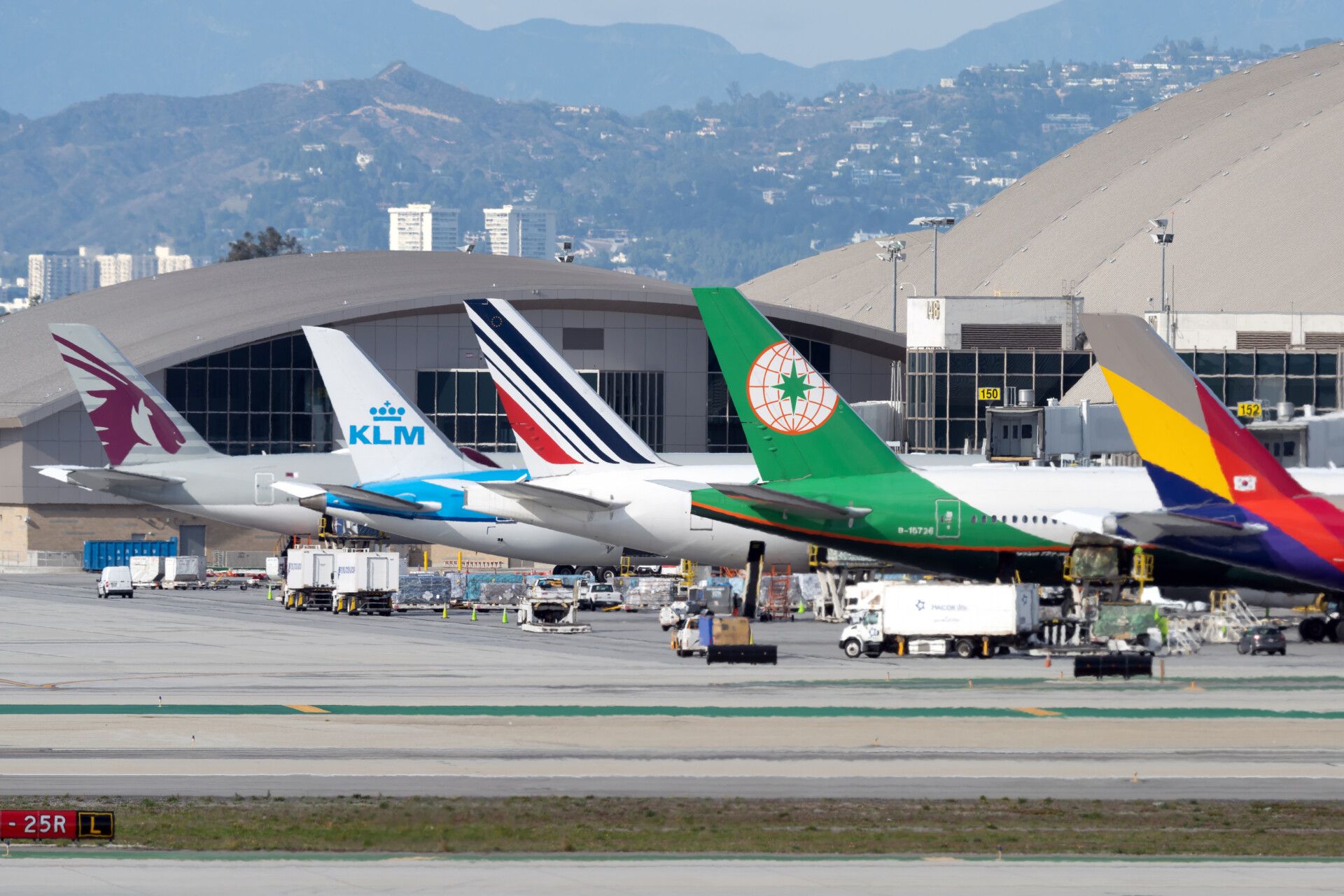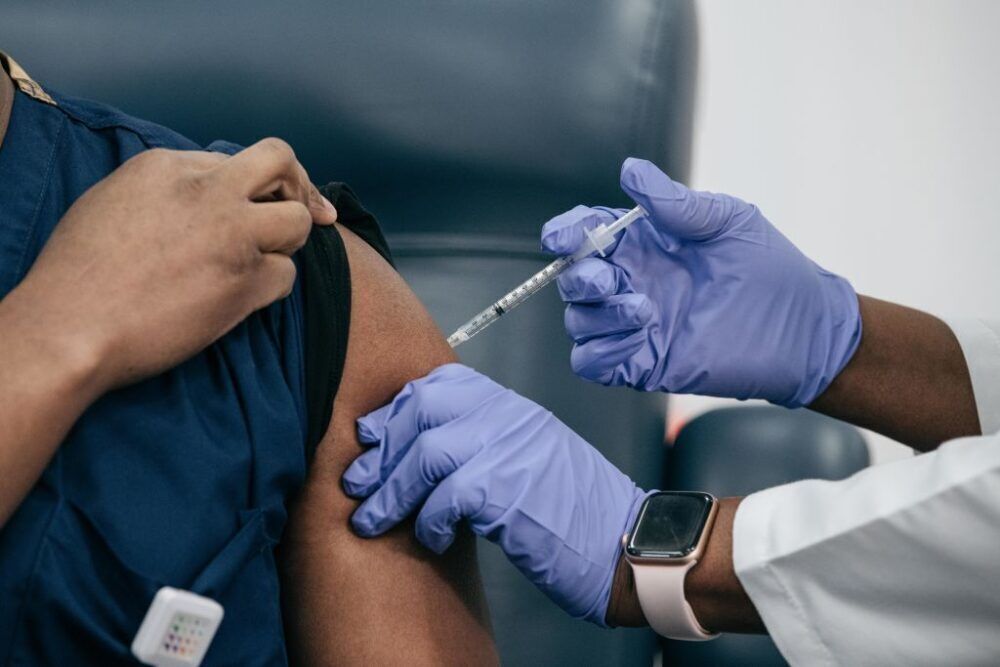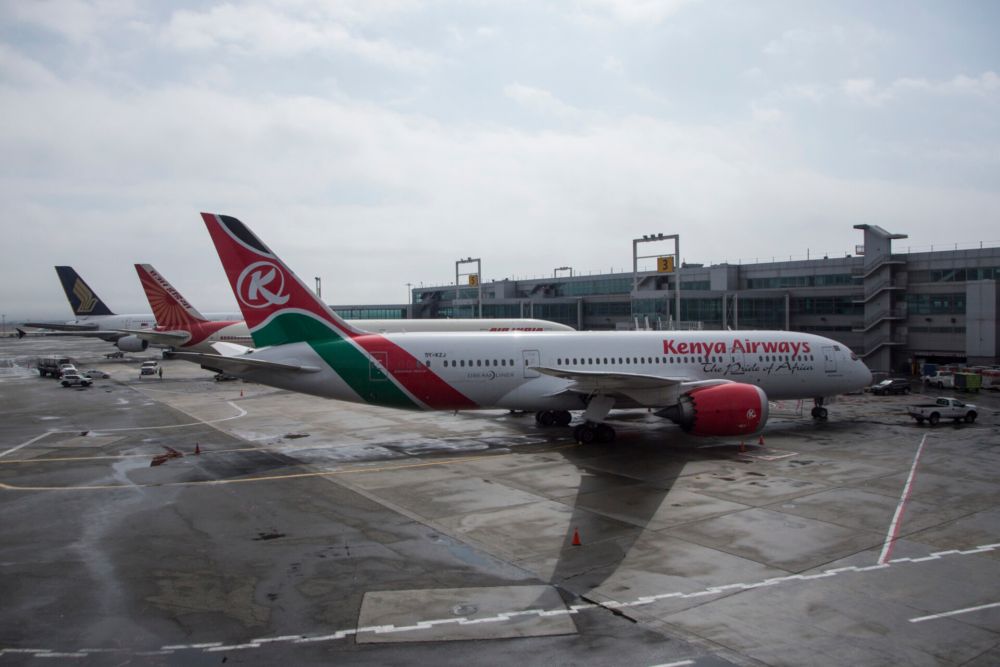One of the best pieces of news for international travelers this week was that the United States will relax its travel bans and allow fully vaccinated foreigners to enter the country. Effectively ending the 212(f) restrictions, the new policy is being celebrated by airlines and citizens across the world. Here's what to expect.
Who can come to the US
Currently, foreign nationals who have been in the European Schengen area, the UK, Ireland, Brazil, India, China, Iran, and South Africa in the last 14 days are barred from entry to the United States. There are workarounds that travelers have used to come to the US, such as spending two weeks in Mexico and then catching a flight to the US.
Starting on November 8th, everything will change. Those travel bans will come down. Instead, all foreign nationals will need to be fully vaccinated before coming to the US. In addition to being fully vaccinated, all travelers, including US citizens who have been overseas, will need proof of a negative test taken within three days of departure. This means passengers coming from countries that did not end up on a travel ban list, like Canada, Mexico, or Israel, will face a new requirement of being fully vaccinated in addition to being tested.
What vaccines will be accepted?
The current guidance will consider all travelers who have received a vaccine approved for use by the United States Food and Drug Administration (FDA). This includes the Pfizer (or Comirnaty vaccine), Moderna, and Johnson & Johnson/Janssen vaccine. Moreover, the US will also accept vaccines listed for emergency use by the World Health Organization.
Under the latter category, this includes vaccines like AstraZeneca, India's Covishield, and Sinopharm, among others. This is a positive for travelers, given that not every country is inoculating people with a US-approved vaccine.
Passengers should be prepared to provide proof of vaccination at check-in for their flight. Some airlines are integrating this into their mobile applications, allowing for a smoother check-in experience. Still, be sure to travel with your proof of vaccination.
Travelers will be considered fully vaccinated if it has been at least two weeks since the second dose of a two-dose vaccine series or two weeks after a single-dose vaccine.
Stay informed: Sign up for our daily and weekly aviation news digests.
Largely barring unvaccinated foreigners
By and large, the US will be moving to bar unvaccinated foreigners from entering the US. The largest category of exemptions is expected to be for children who are not old enough to receive a vaccine. They will need to travel with an adult who is fully vaccinated. All air passengers age two and older are subject to the testing requirement.
The new move, while it will liberalize travel from Europe, will restrict travel from other countries. This will largely bar travel from most countries in Africa, where vaccine distribution has been slower than in Europe and North America.
For airlines, while that is a little bit of a setback for travelers from Ghana, Senegal, Nigeria, etc., it will reopen travel from larger markets like Brazil, the UK, France, Spain, Italy, and more.
Some more details have yet to come out. This includes whether proof of recent infection may be acceptable in lieu of a vaccine and how children will be considered. The reopening will be coming in time for Thanksgiving and then the December holiday period, which will undoubtedly be a massive boon for airlines now. When summer 2022 rolls around, it has the potential to be one of the best seasons in history. Some airlines are already gearing up for next year.
If you are fully vaccinated with one of the approved immunizations in the US or one on the emergency list from the WHO, you should be in a good position to book travel after November 8th. On the safe side, it may be better to wait to travel a couple of days after the restrictions lift to give airlines some time to work out the kinks of handling proof of vaccination and complying with US entry requirements. If you are looking to travel with unvaccinated children, it may be best to wait for more details from the US government on the reopening.



